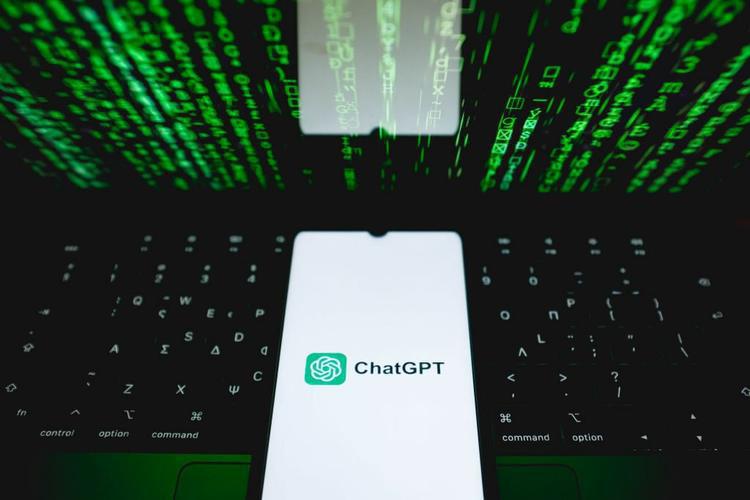SearchGPT is here. OpenAI's quest to integrate its artificial intelligence tools into even more people's lives got a boost on Thursday.
The company behind ChatGPT announced on its website that it would start taking signups to test out an early version of SearchGPT, an AI-fueled search engine. OpenAI stressed that this is a prototype — and the "best features" from the test period will eventually be integrated directly into ChatGPT.
How to try SearchGPT
Users who want to try SearchGPT can sign up now, but the feature is not yet available for testing.
As for how SearchGPT works, it's similar to ChatGPT. You type in a query, the AI scours the internet, and then tries to bring back a variety of helpful results in a visually clean and appealing way. Users can allegedly respond to results with conversational follow-ups to get even more specific results.
As always with OpenAI, there will be concerns about accuracy and sourcing, even before the product has launched. For instance, CNBC's Kif Leswing pointed out on X (formerly Twitter) that some of the example search results given in the announcement post are inaccurate, misleading, or not helpful. OpenAI also promises "clear links to relevant sources" in results, but that can't be judged until the product is available.
OpenAI has a long way to go before it can reasonably call itself a Google competitor, but this may be a promising first step.
SearchGPT is currently open for sign-ups; however, the testing feature is not yet operational. In terms of functionality, SearchGPT operates similarly to ChatGPT. Users enter a query, and the AI searches the internet to present a variety of informative results in a visually engaging manner. Allegedly, users can interact with these results through conversational follow-ups to refine their inquiries further. Nevertheless, as with any OpenAI product, there are valid concerns regarding accuracy and sourcing, particularly prior to its launch. For example, CNBC's Kif Leswing noted on X (formerly Twitter) that some sample search results highlighted in the announcement were inaccurate, misleading, or unhelpful. OpenAI has claimed that results will include "clear links to relevant sources," but this feature can only be assessed once the product becomes available. While OpenAI has significant progress to make before it can be considered a viable competitor to Google, this initial step appears promising.


